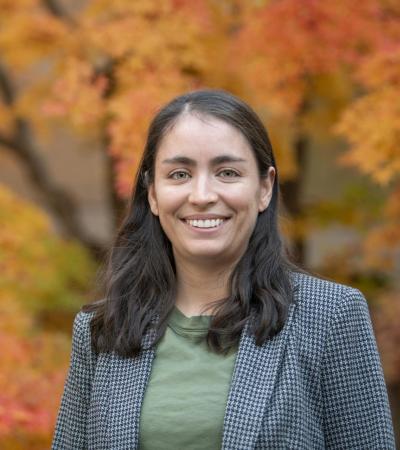Trapped by Inequality: The Politics of Redistribution in Latin America
2021Project Abstract
My book project identifies the causes of inequality traps—high and persistent levels of economic inequality—in Latin America and explains how and why some countries manage to escape such traps and embark on paths of diminishing inequality. I argue that the state’s relative strength vis-á-vis economic elites shapes the main redistributive institutions and, thereby, long-run economic inequality. Unlike previous scholarship, I use a small-n design to develop a theory of long-run economic inequality, which I evaluate using a multi-method approach centered around a historical comparison of two cases: Colombia and Perú. I combine process-tracing of primary source documents with quantitative text analysis and focus on two time periods of mounting redistributive pressures for tax and agrarian reform (1920-1940 and 1960-1980). Finally, I use panel data techniques to show that the pattern can be observed in a more systematic way throughout Latin America.






